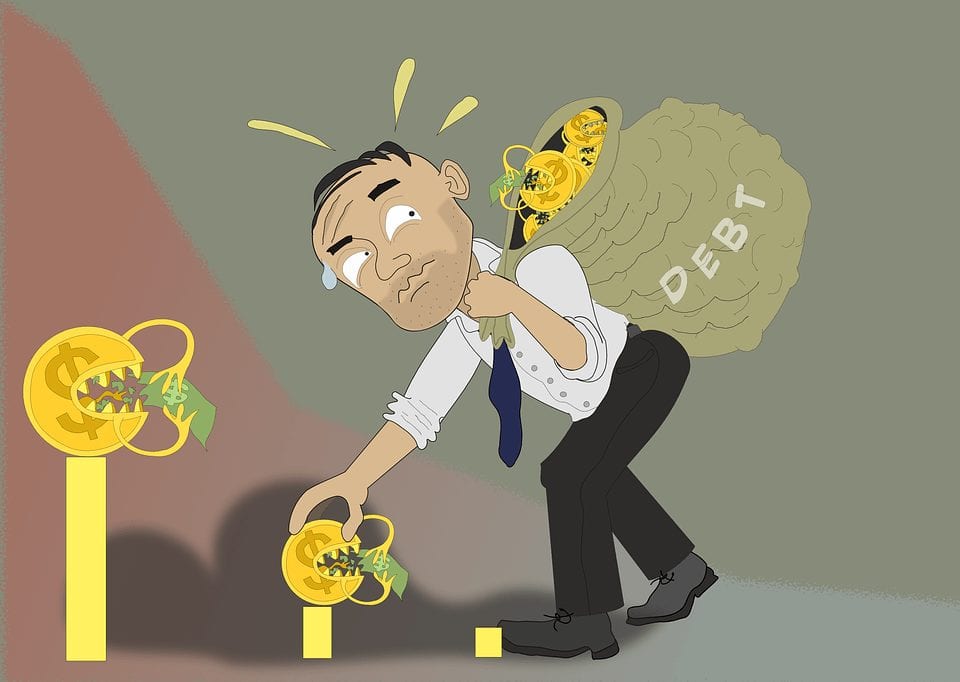Chapter 7 bankruptcy (which is also called liquidation bankruptcy) is when creditors are allowed (by law) to take all or most of your assets to pay for debts. The lenders will often hold a liquidation event if the assets are worth a considerable amount of money. There certain assets they can and cannot take. This will be clearly defined in your bankruptcy and you are best to consult an attorney to find out which assets lenders will have access to. This will also vary between personal bankruptcy and a cooperation bankruptcy. For personal bankruptcy it can include your house, automobile, boats, yachts, and any other kind of assets that have equity.
If you are considering filing chapter 7 you should seek a reputable attorney for guidance, as this is something you should not be taking lightly. If you are seeking personal bankruptcy this will be a way to start over financially. There are obviously many disadvantages, but depending on the amount of debt you owe the advantages may out-weigh the disadvantages. Just remember that this will stay on your credit report for 7 years and will affect your credit for up to a decade. While it will affect your credit for some things (like buying a home) it will also open up the door to other kinds of credit that were not previously available. For example credit card companies will usually extend credit to someone after filing for bankruptcy because they know they can’t file again for another 7 years.
Your best option is to consult an attorney and study up on the bankruptcy laws in your state.
Bankruptcy chapter 7 can help you if you are unemployed, under-employed, or living off of social security. This will ensure that all debts are legally forgiven and will stop the collection calls. However, the final decision in any bankruptcy hearing is up to the courts. One thing you need to keep in mind is that you cannot enter into bankruptcy with premeditated intentions. You cannot get a bunch of loans and credit weeks or months before bankruptcy chapter 7 and than expect to get approved. It doesn’t work this way. The courts will look at every single detail of your financial history. If they suspect that you entered into loan agreements with the intention of filing for chapter 7 they will either deny you or refuse to include said loans.
Many debtors often choose this form of bankruptcy out of frustration being overwhelmed. While this may be beneficial to you in the short (and even long) run you will not have the financial freedom you once had. The courts will keep tabs over your finances for the duration of the bankruptcy. You may feel like you did when you were babysat as a kid. It can be really embarrassing.
You need expert advice. You cannot expect the Internet or this article to provide you with all of the information you need to know regarding bankruptcy. Find an attorney as soon as possible. Preferably one that gives free consultations. It wont hurt and you’ll have a more in depth view of your options.
